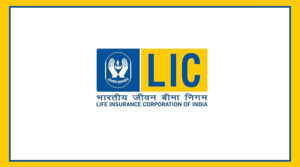There is important news for CGHS cardholders of the Central Government.
The government has made emergency hospital services easier for these cardholders, allowing treatment to start immediately without any hassle.
The Ministry of Health has released new guidelines to improve health services, ensuring better consultation, investigation, and treatment in government and approved private hospitals.
An Office Memorandum (OM) was issued on September 24, 2024, changing old referral rules and introducing a Standard Operating Procedure (SOP).
Changes to Emergency Services
In emergency situations, Healthcare Organizations (HCOs) no longer need a referral or endorsement from CGHS.
They can provide cashless treatment directly if the patient obtains an emergency certificate from a specialist at the treating hospital.
With this certificate, the hospital can upload the treatment claim on the BCA portal.
Additionally, if a test or treatment is not listed under CGHS for emergency care, a referral is still not required.
Hospitals can obtain permission through the NHA portal without needing approval from the local CGHS office.
Updated Referral Rules
Consultation memos received through CGHS will now be valid for three months.
If a CGHS medical officer refers you to a specialist, you can consult that specialist up to six times within three months.
If the primary consultation recommends it, you can also get advice from two additional experts.
These rules only apply to referrals from CGHS medical officers and do not apply to referrals from government hospitals.
Special Provisions for Seniors
Beneficiaries aged 70 and older no longer need a referral to see a specialist. They can directly seek treatment for any registered test or procedure in listed hospitals.
However, if the test or procedure is not part of the CGHS list, they must obtain permission from CGHS officials.
Follow-Up Rules for Specific Ailments
Beneficiaries with certain specific conditions will be allowed consultations and testing without any time limit based on primary referrals. These conditions include:
1) Post-cardiac surgery cases
2) Post-organ transplant cases
3) Post-neurosurgery cases
4) End-stage renal disease
5) Cancer treatment
6) Autoimmune disorders
7) Neurological disorders
Individuals with these conditions will not need to get repeated referrals for further treatment or investigations.

























